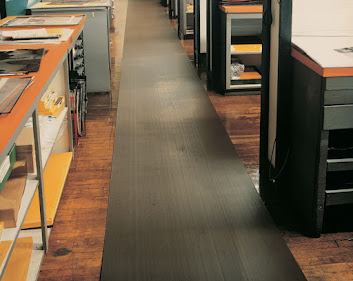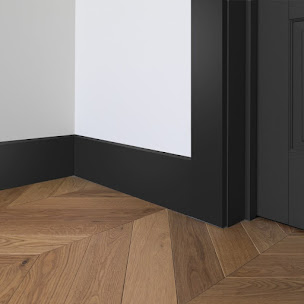What Exactly Are Standard Industrial Floor Mats?
Industrial floor mats are an important aspect of workplace safety since they help to decrease accidental falls, trips, and slips. Today's Industrial Floor Mats for floor projects frequently use epoxy flooring because of its many benefits. The epoxy flooring of industrial matting that is between 10 and 20 mils thick and often has two to three coats is the most common for commercial use. A primer, a high-build basecoat, and a topcoat are all required. On a concrete substrate, epoxy is used as a decorative and protective layer. Compared to other flooring options, epoxy flooring is more resilient, sturdy, and long-lasting. There are numerous floor mat varieties and designs available on the market, including anti-fatigue mats, cotton mats, sticky (or gripping) mats, rubber mats, floor mat rolls, oil-absorbent mats, and so on.
Benefits of industrial floor mats:
For many different businesses, industrial mats for the floor can be very useful. These mats shield your workers from slip-and-fall accidents while also helping to keep floors warm and dry. When you want to leave an eternal mark on your business, keeping the surfaces clean is another important factor to take into account.
Safety:
Facilities frequently give low emphasis to the need for safe commercial floor matting and where it should be located. Serious accidental falls and slips may be prevented with the use of floor mats. Employers can decrease the number of health claims from workers experiencing issues from standing on hard surfaces for extended periods of time by adding anti-fatigue floor matting.
Oil, grease, and chemical resistance:
Grease, oil, and chemical resistance are characteristics that practically all industrial mats possess, in addition to the other functional qualities stated above. Many installations must be resistant to grease, oil, and chemicals due to the nature of the majority of industrial processes. Similar to this, numerous industrial Floor Mats have been specifically created to improve this quality. To achieve this resistance, components like cell-blended top seats, vinyl backing, and drainage through pores are crucial.
Keep floors clean:
In order to prevent dirt, wetness, and bacteria from being tracked in, entrance floor mats should be placed. Instead of tracking wetness, mud, and filth inside the structure, visitors can clean their shoes off as they arrive on the floor mat. You keep clients and staff content and safe by blocking the entry of these chemicals. Placemats should be placed strategically for maximum results, such as by high-traffic doors or those that are close to outdoor areas with a lot of muck or dirt.
Floor protection:
Some industrial mats are made to prevent chipping, staining, or scratching of the floors in high-traffic areas of production facilities and other industrial sites. They have unique design elements like antibacterial treatments and traction treads.
Save your money:
Long-term savings can be realised by making an upfront investment in high-quality floor mats. Your personnel will spend more of their important time on other things than washing the flooring because floor mats assist in keeping your floor clean. You'll spend less on cleaning materials as a result. Your floors will last longer if they receive less wear and tear.




Comments
Post a Comment